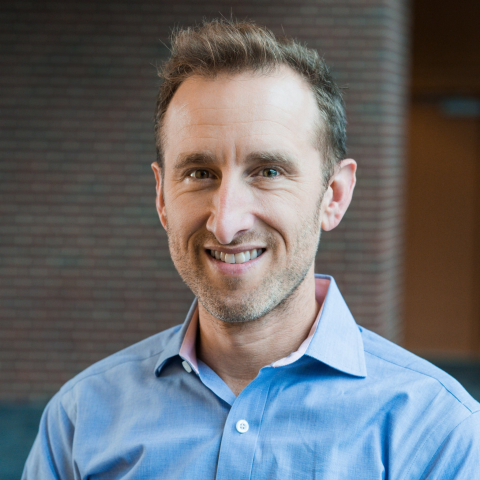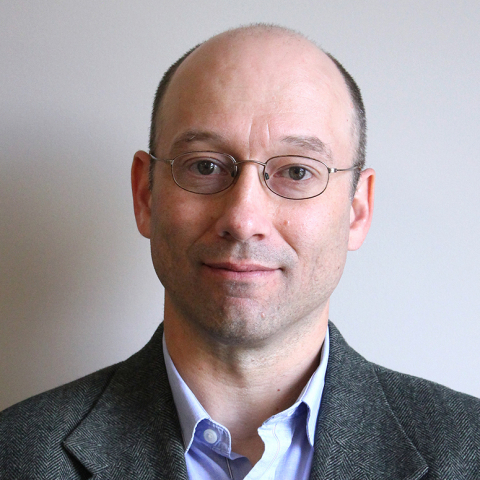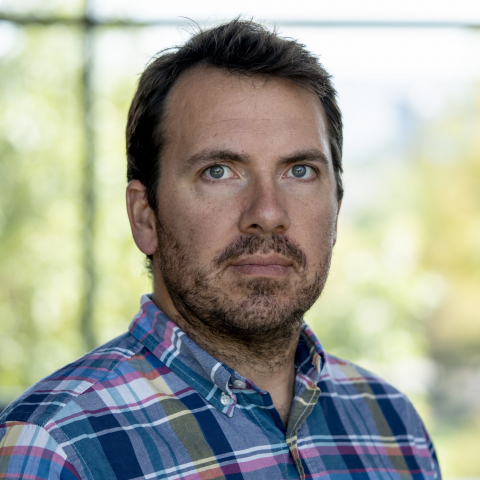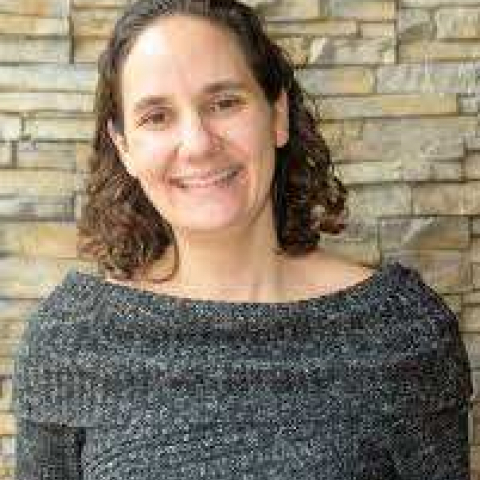People: Evolution And Virulence
Edward Dudley
Professor of Food Science; Director of E. coli Reference Center
Mechanisms driving toxin production in Shiga-toxigenic Escherichia coli; use of genome sequencing to track pathogen transmission during foodborne outbreaks
Matthew Ferrari
Director of the Center for Infectious Disease Dynamics; Huck Career Development Professor; Professor of Biology
Public Health, Quantitative Epidemiology, Population Ecology, Statistics, Computational and Mathematical Biology
Christina Grozinger
Director of the Center for Pollinator Research; Director of the Insect Biodiversity Center; Publius Vergilius Maro Professor and Huck Scholar of Entomology
Genomics of social behavior and health in bees
David R Hunter
Professor of Statistics, Department Head
I work on statistical models for networks, mixture models, and certain optimization algorithms called MM algorithms. A full list of papers and related work, such as software, may be found at http://sites.stat.psu.edu/~dhunter/.
David Kennedy
Assistant Professor of Biology
Ecology and evolution of infectious diseases, with particular interest in how disease dynamics influence pathogen emergence, virulence evolution, and drug or vaccine resistance.
Jasna Kovac
Lester Earl and Veronica Casida Career Development Professor of Food Safety; Associate Professor of Food Science
Integrating epidemiological, microbiological, molecular and omics methods to better understand microbial pathogenic potential, antimicrobial resistance, and epidemiology of foodborne pathogens.
Jesse Lasky
Associate Professor of Biology
Ecological and evolutionary genomics, genetic and ecophysiological basis of adaptation to environmental stress, evolutionary ecology of biological complexity.
Elizabeth McGraw
Professor and Huck Scholar in Entomology
The genetics of vector, pathogen and symbiont interactions.
George Perry
Professor of Anthropology and Biology
Anthropological genomics, paleogenomics, human body size evolution, parasite evolution, and evolutionary medicine.
Andrew Read
Senior Vice President for Research; Evan Pugh Professor of Biology and Entomology; Eberly Professor of Biotechnology
The ecology and evolutionary genetics of infectious disease.
Troy Sutton
Assistant Professor of Veterinary and Biomedical Sciences
Animal models of influenza; Airborne transmission of influenza viruses; Evolution of pandemic influenza viruses; Highly pathogenic avian influenza; Development of live-attenuated influenza vaccine platforms; High containment BSL3+ research
Moriah Szpara
Associate Professor of Biochemistry & Molecular Biology and Biology
How genetic variation influences the outcomes of viral infection, particularly for neurotropic viruses such as herpes simplex virus 1 (HSV-1) and HSV-2, using high-throughput sequencing, comparative genomics, neuronal cultures, and genetic manipulation of both host and pathogen.
Anne Vardo-Zalik
Assistant Professor of Biology
The ecology and population genetics of malaria parasites and their vectors












